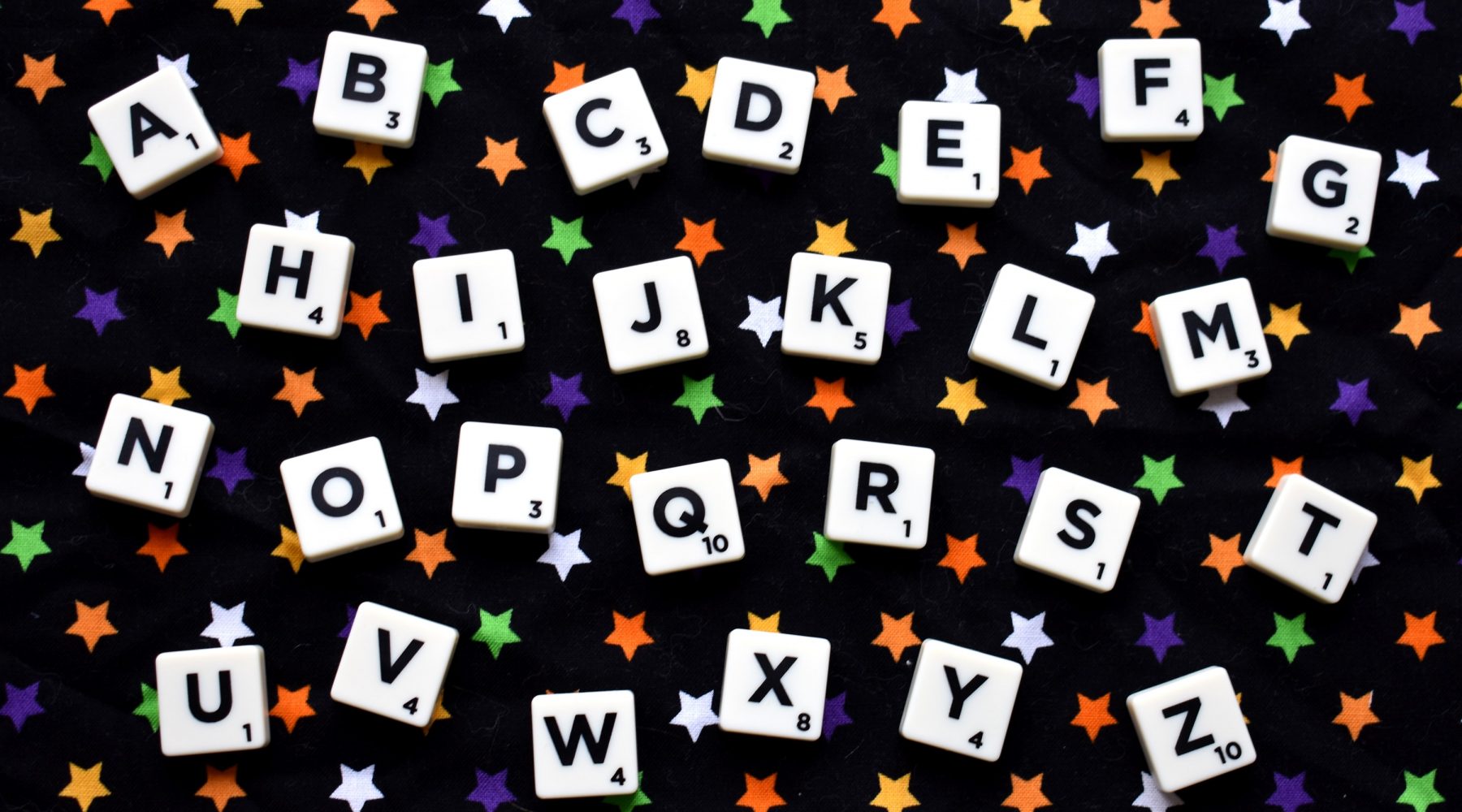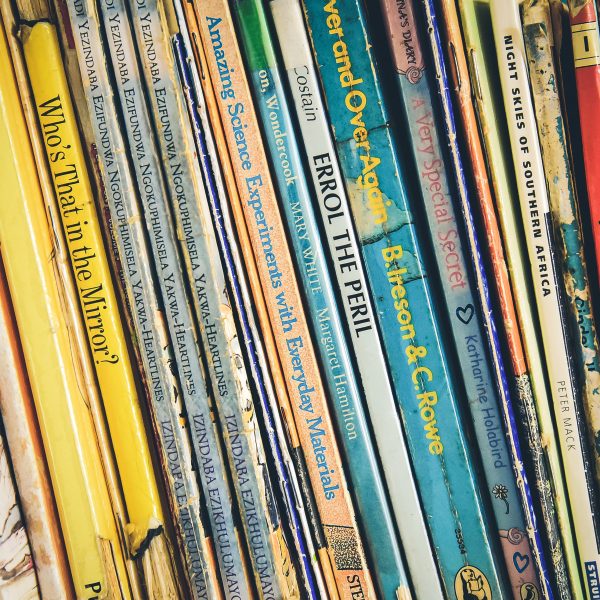A 21st Century approach to emergent literacy: No flashcards

We believe children need a strong emergent literacy foundation in the years prior to school in preparation for when they experience formal reading instruction at school. This journey begins from birth.
With current attention on learning to read and the teaching of phonics we think it is timely to focus on what is happening with learning to read in the years prior to formal schooling. While phonics is mandated in the Australian Curriculum for the first years of formal schooling, this is not the case in the prior-to-school years when the focus is on emergent literacy.
With an emergent literacy approach flash-cards are not necessary! Early learning environments need to be engaging, creative and flexible. It is not just about learning the technical aspects of reading, it is also about helping children to develop a love of reading and motivation in preparation for when they start formal reading at school. If children in the prior-to-school years have a strong foundation of emergent literacy knowledge, skills and concepts, then they are well placed to continue their journey towards reading success into their formal school years.
What is emergent literacy?
Emergent literacy involves children learning about literacy through engaging in socio-cultural contexts and participating in meaningful literacy experiences through home, preschool and community settings that are language and print rich. Examples of emergent literacy activities include playing alphabet games to support children’s developing knowledge of letter names and sounds. Children can also learn about print through:
i) pointing out letters and words on signs and labels in their home and community environment;
ii) shared reading of picture books with parents, carers and teachers; and
iii) exploring mark making, drawing and name writing through using tools such as pencils and writing
apps.
iv) making meaning from print (e.g., text, digital and multimodal).
Emergent literacy skills include phonological awareness, alphabet knowledge (for example, letters, sounds), oral language, vocabulary, emergent writing skills (name writing/ letter writing), and development of symbolic systems – all strong predictors for future reading success. These are essential for children to become fluent comprehenders and readers.
The Australian Early Years Learning Framework for children in the years prior to formal schooling, provides broad directions in relation to alphabetic literacy learning and teaching.
Learning to read is a complex process and all children in the years prior to school develop at different rates. We are all (researchers, policy makers, parents, teachers, health practitioners) striving to provide children with the ability to become effective readers. Learning how to become a fluent and successful reader occurs differently for each child and each child’s learning journey is unique. Reading fluently requires a high knowledge of skills that include decoding, rich vocabulary, comprehension abilities, world knowledge, and understanding grammatical features of different genres.
The prior-to-school years are a vital part of this complex journey in learning to read. We believe it is timely to reconsider emergent literacy as it relates to 21st Century early years contexts.
Supporting emergent literacy practices at preschool and home
Support for emergent literacy in the prior-to-school years should focus on helping children develop a love of reading, in addition to developing emergent literacy foundations such as opportunities to develop oral language and alphabet knowledge.
In supporting children’s oral language, an awareness of phonological, syntactic and lexical development can occur through play-literacy experiences – playing with rhyme (words with the same end sound), drawing attention to words with the same beginning sound (alliteration), and shared adult-child picture book reading.
It is recommended that prior to starting school children should be supported through the provision of meaningful alphabet experiences to learn 26 letter names and their corresponding regular letter sounds. In addition, irregular letter-sound correspondences can be learnt within relevant and meaningful contexts (e.g. /CH/ as in Charlie and long sound /A/ for Aiden). This flexible approach will allow teachers to extend children’s personal knowledge of the alphabet.
Children can be supported in their literacy learning journey through a range of contextualised guided instruction, whilst children are engaged in both adult and child-initiated, guided and free play, meaningful experiences, such as:
- Games
- Dramatic play
- Literacy apps
- Rhymes and songs
- Drawing children’s attention to print during shared reading experiences
- Multisensory experiences with environmental print
- Name writing
- Playing with letters
Emergent literacy in the 21st century involves both code-related skills (e.g., identifying alphabet letter names and sounds) and meaning making skills (e.g., comprehension and vocabulary). This can occur through direct instruction, for example, when a teacher instructs children directly about what they are trying to teach, together with a flexible and holistic child-centred meaningful approach, within culturally mediated learning environments. For example, when a teacher engages children in singing, rhymes and shared reading that is interactive, and related to topics relevant to children’s interests, whilst embedded in social purposes.
Each learning to read journey is unique
It is imperative to cater for the learning needs of individual children as each learning to read journey is unique. A multidisciplinary approach, where researchers using different methodologies, is needed to work out the best way to support children to become fluent reading comprehenders in the 21st century.
We are excited about working together in a unified way to support teachers, parents, researchers, policy makers and health practitioners to ensure children in the prior-to-school years have the best start towards becoming successful readers.

Dr
Stacey Campbell is a lecturer in early childhood English, literacy and language at Queensland University of Technology. Her research focuses on early childhood literacy, phonics, oral language, teacher and parent beliefs and practices. In addition
to her PhD, she has a Masters degree in children’s literature and two teaching degrees, one in early childhood birth-to-eight and another in primary school education. Stacey also has over 10-years experience as an early childhood teacher in both the prior-to-school years and early years of school. Stacey can be contacted at [email protected] and is on Twitter @DrStacey_C

Dr Michelle Neumann is a Senior Lecturer and Researcher in the School of Education and Professional Studies, Griffith University, Australia. Michelle is also a registered Queensland school teacher. Michelle’s research interests are in early childhood education particularly in the fields of early literacy, parent-child interactions, home and preschool settings, and digital technology. Michelle can be contacted
at [email protected] and is on Twitter @drmneumann
This article was originally published on EduResearch Matters. Read the original article.
Popular

Workforce
Policy
Quality
Practice
Provider
Research
ECEC must change now, our children can’t wait for another inquiry
2025-07-02 07:47:14
by Fiona Alston

Events News
Workforce
Marketplace
Practice
Quality
Provider
Research
An exclusive “Fireside Chat” with ECEC Champion Myra Geddes
2025-07-01 11:25:05
by Fiona Alston

Workforce
Practice
Provider
Quality
Research
Supporting successful transitions: Big moves, big feelings
2025-06-26 11:00:30
by Fiona Alston











